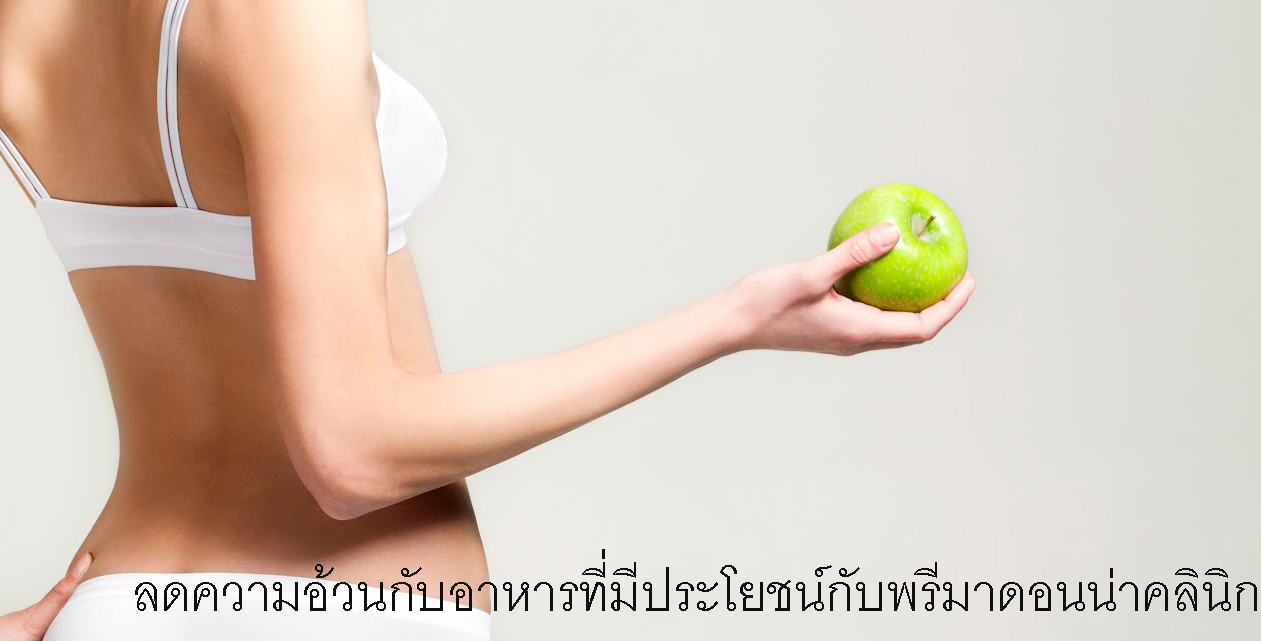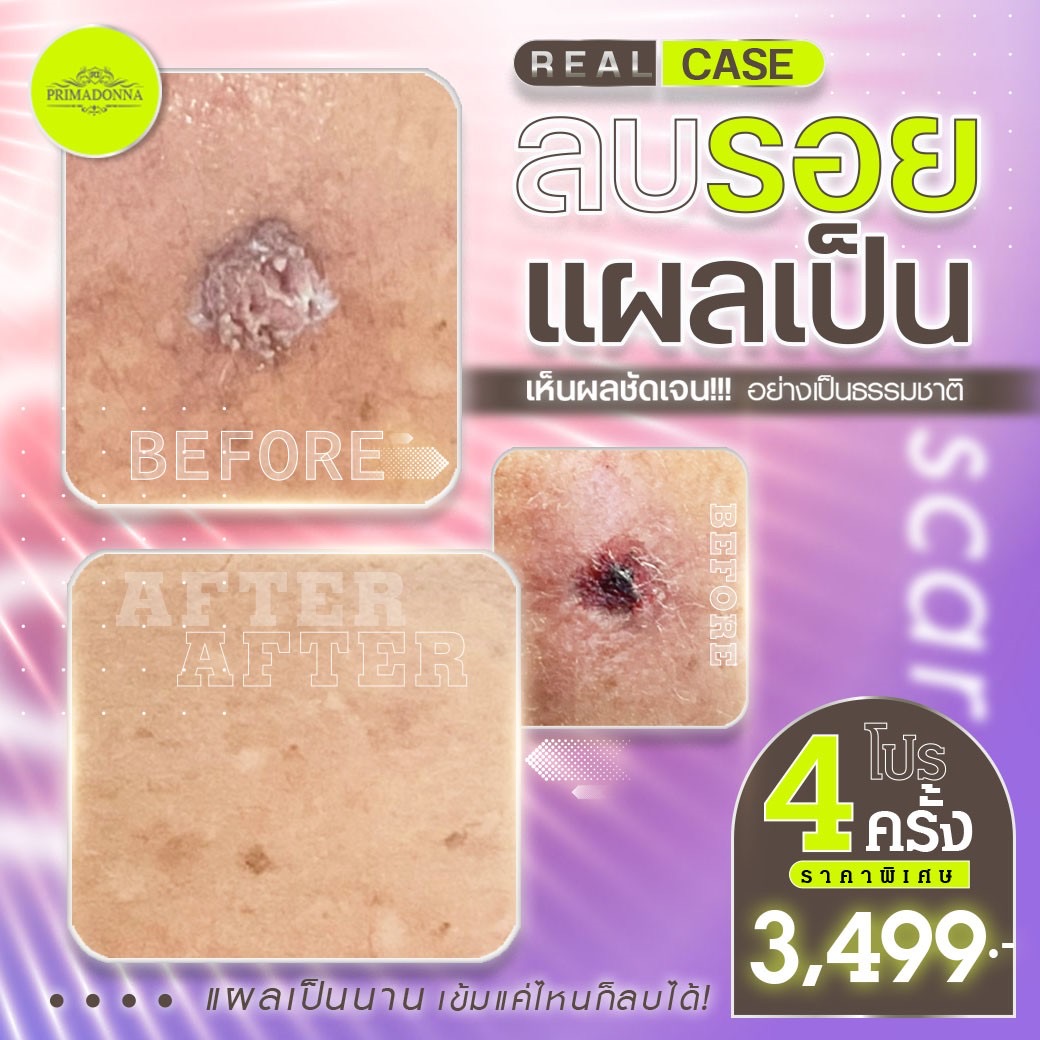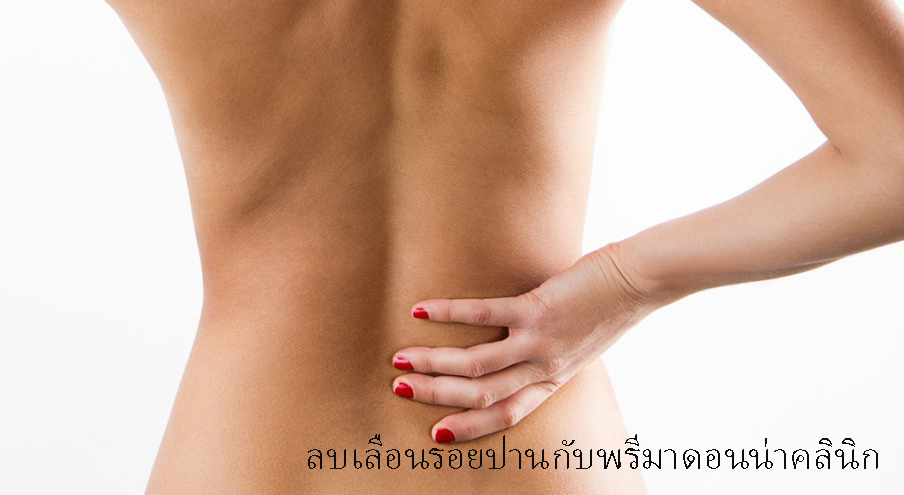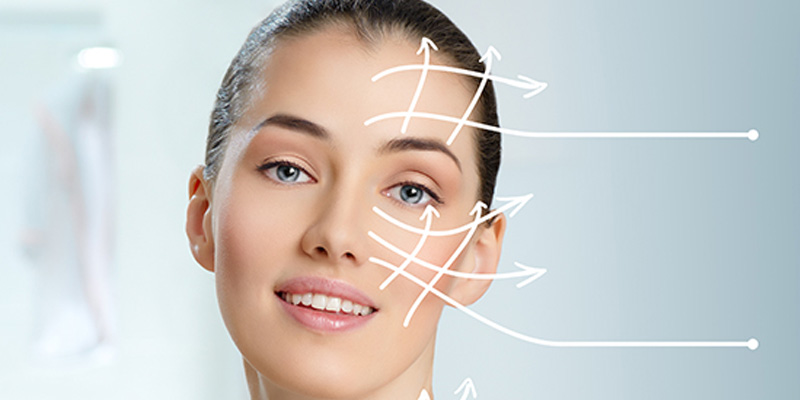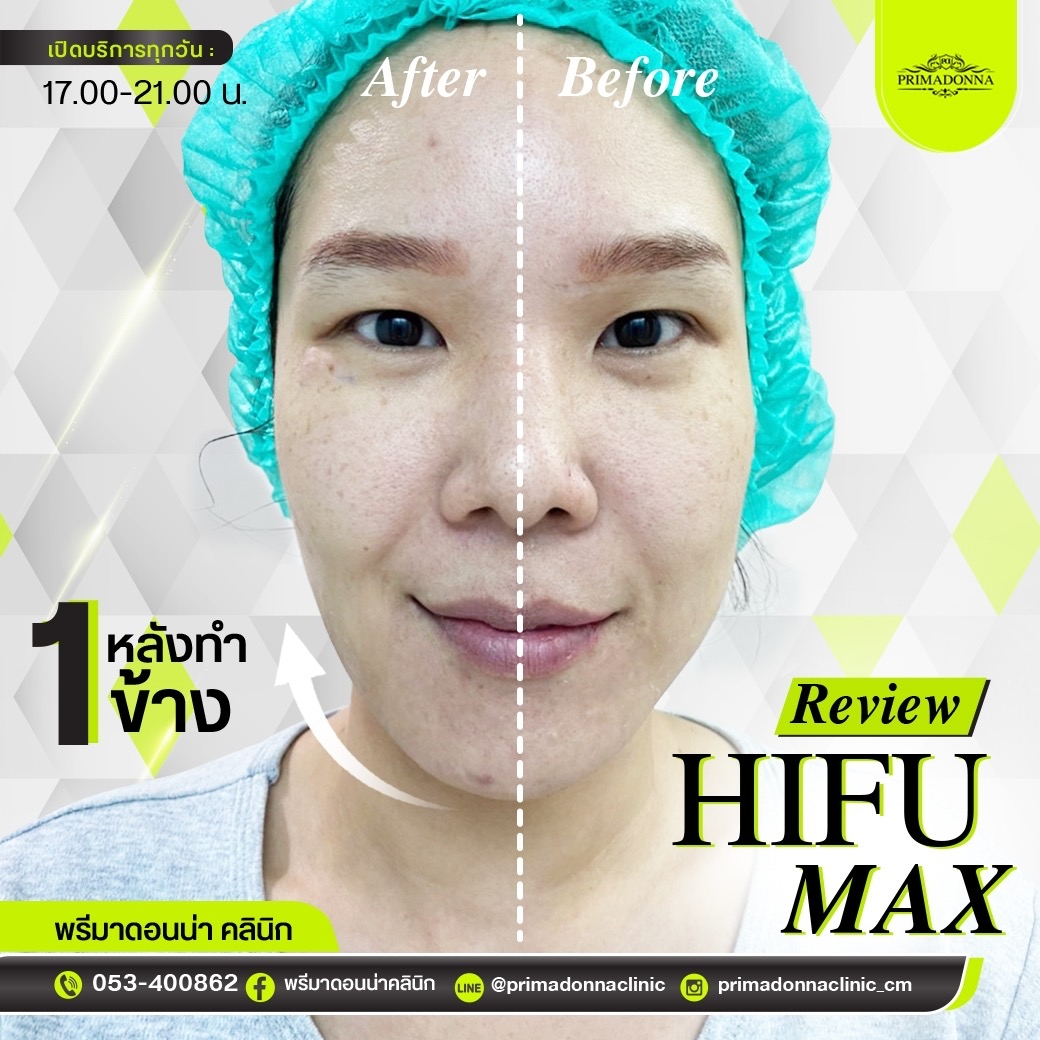
What Is Your Oily Scalp Telling You?
What Is Your Oily Scalp Telling You?
First, the natural oil your scalp produces – sebum – is a good thing. Without it, your skin would look like leather and your hair like tumbleweed. But too much of a good thing is – well, too much. It’s important to note that the amount of oil you produce changes over time and generally decreases as you age. No matter your age, here are some helpful tips to combat an oily scalp.
Microscopic sebaceous glands secrete a waxy oil called sebum. Sebum is our natural moisturizer that softens and waterproofs our skin and hair, among other things. We have the greatest number of glands on the face and scalp, and none on the palms of our hands and soles of our feet.
Each cluster of glands deposits sebum, which travels to the skin surface along the hair shaft. Sebum also plays an important thermo-regulatory role: in hot conditions, it emulsifies sweat and delays dehydration. In cooler conditions, sebum coats the skin in a less liquid form to repel chilling rain.
Sebum is our natural moisturizer that softens and waterproofs our skin and hair, among other things.
Sebaceous glands also serve to protect the body against bacterial and fungal infections by secreting acids that form a thin film on the skin, acting as a neutralizing barrier to microbes. Sebaceous lipids also help maintain our supply of vitamin E, an important antioxidant that deals with the by-products of all this chemical activity.
When sebaceous glands overproduce, it results in oily skin and hair, a condition that is known medically as seborrhea and can result in seborrheic dermatitis. When not enough sebum is produced, skin and hair become dry.
Sebum production is controlled by hormones – specifically, androgens like testosterone and estrogen. Testosterone has been shown to stimulate secretion, and estrogens have been shown to inhibit secretion. During puberty, sebaceous glands enlarge, hormones become more active, more sebum is produced; boys may produce up to five times more sebum than girls. Sebum production starts to decrease by age 20 and continues to slow with age.
Sebum can also be affected by certain diseases. Disorders related to the pituitary and adrenal glands or reproductive organs can increase or decrease sebum production. Starvation reduces production, and Parkinson’s disease increases it. Fluctuations can also be caused by pregnancy, puberty, menopause, and stress.
Certain medications such as oral contraceptives, antiandrogens, and vitamin A derivatives are all known to reduce sebum production. Others, such as testosterone and progesterone, are known to increase sebum production. A vitamin-B deficiency can also have an effect.
Several medical conditions involving sebum such as acne, sebaceous cysts, hyperplasia, and sebaceous adenoma, are usually due to overactive glands producing excess sebum.
The reason that people with fine hair are more likely to complain about oiliness is simple: There may not be enough hair to fully absorb the amount of sebum their scalps produce. Straight hair tends to look oilier because the sebum travels easily from roots to tips without curls or kinks as obstacles. Fine, straight hair can spell double trouble. People with curly or oily hair complain of oiliness at the roots and dryness at the tips because oil builds up close to the scalp, and because curls act as obstacles, it doesn’t travel as efficiently down the hair shaft.
If you experience what you feel is excessive sebum – whatever the cause – here are 12 simple ways to manage it:
Use cool water in the shower. Hot water stimulates sebaceous glands and encourages them to produce more sebum. Your skin elsewhere will appreciate it too, especially as you mature. Try rinsing hair with cool water to close your hair cuticles and prevent glands from going into overdrive. Use a scalp massage brush to distribute the oils evenly throughout your hair while you shower.
Daily shampooing, in fact, can worsen your hair’s oily condition. Detergent strips your scalp of sebum – and your glands do an admirable job of replacing them as quickly as possible. It’s a vicious cycle that you’ll never be able to shampoo your way out of.
